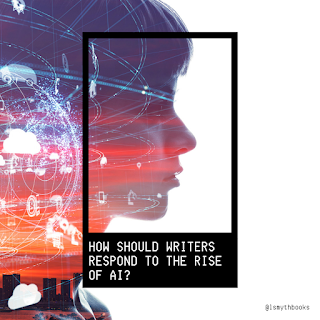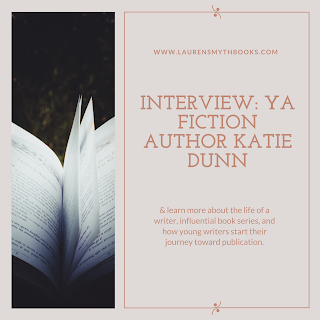Writer's Block: What Now?
| We all have that one friend ... |
Writer's block is a universal experience. If you're a normal human being who has ever written anything, no matter how short, you know exactly what it's like. We sit at our computers (or in front of our notebooks, if you're one of those brave souls) and stare blankly. Words are suddenly elusive, and while we certainly haven't forgotten how to speak, we can't write a single meaningful sentence to save our lives.
What causes writer's block? It can be anything from a headache to boredom to a sudden obsession with something other than writing (especially reading or watching movies). Or it can happen spontaneously, without any apparent cause. Fortunately for writers, especially those of us working on a deadline, there are a few techniques that can help you beat writer's block. It's a chronic disease, so expect it to come back and be prepared when it does.
When you have writer's block ...
1. DON'T go read a book or watch a movie. You'll find yourself immersed in someone else's story, which will change how you write and fill your mind with someone else's ideas. It may also affect how you view your own characters, leading to inconsistencies if you're already in the middle of your story.
2. DO take a complete break from writing. Go outside, clean the house, run some errands - pick something that will take your mind completely off your project. Remember that, as an author, you're probably writing because you want to. The straps that have you tied to your computer every Saturday from 10:00-2:00 were put there by you and nobody else, which means that you can release them and take a break.
3. DO talk to friends about your project. They may have inspiration, ideas, or encouragement, and there's nothing like running your ideas by somebody you trust (who will give you honest feedback about whether you're brilliant or crazy).
4. If you absolutely must read a book or watch a movie, I suggest reading or watching something you've already experienced before - perhaps an old favorite that you can almost quote from memory. That way, its influence over your writing will be minimal.
5. DO find a quiet place (or if you like background noise, pick something that will help you focus). This technique usually works best for me when I'm in the shower or lying in bed before I fall asleep. Close your eyes and pretend that you are one of your characters. Experience their emotions and think about how you would be feeling if you were them and what you would do if you were facing their problems. Think about their relationships with other characters.
Don't make the mistake of drawing parallels in your own life (a common acting technique which actually doesn't work for most people). Unless you're writing an autobiography or a story heavily based off personal experience, the things you know aren't exactly analogous to what the characters are experiencing. Instead, really try to think as if you were them. If you can't think of what should logically happen next in your story, this should help.
6. Bonus Technique! Find a list of complex words, such as 'laconic,' 'aberration,' 'solipsism,' or 'predilection,' and think about how those words could be used in your story. Then think of synonyms. Use those synonyms to build a sentence, and from that sentence, try a paragraph, all built around one of these words.
For example, in the novel I'm working on right now, the key phrase of the entire story is 'self-sufficiency.' Through their experiences, the characters are slowly learning that they can't rely on themselves all the time. Whenever I get stuck for ideas, I think about this phrase. What does it mean for me? What does it mean for the characters? How does it affect their relationships with each other? When they hear the words, how do they react? Do they get angry? Hurt? Sad? Despairing?
How do you work through writer's block? Share your thoughts in the comments below!


Comments
Post a Comment